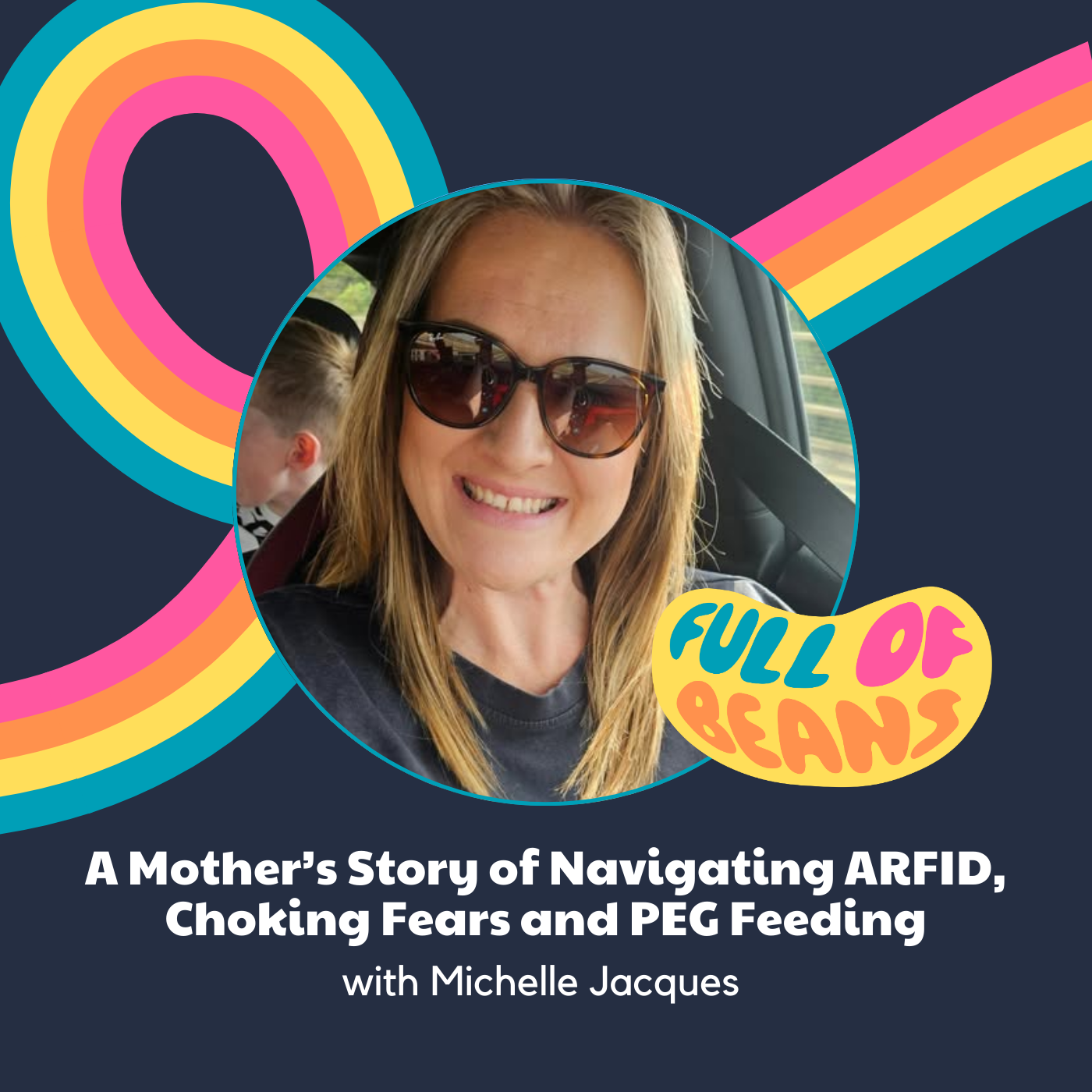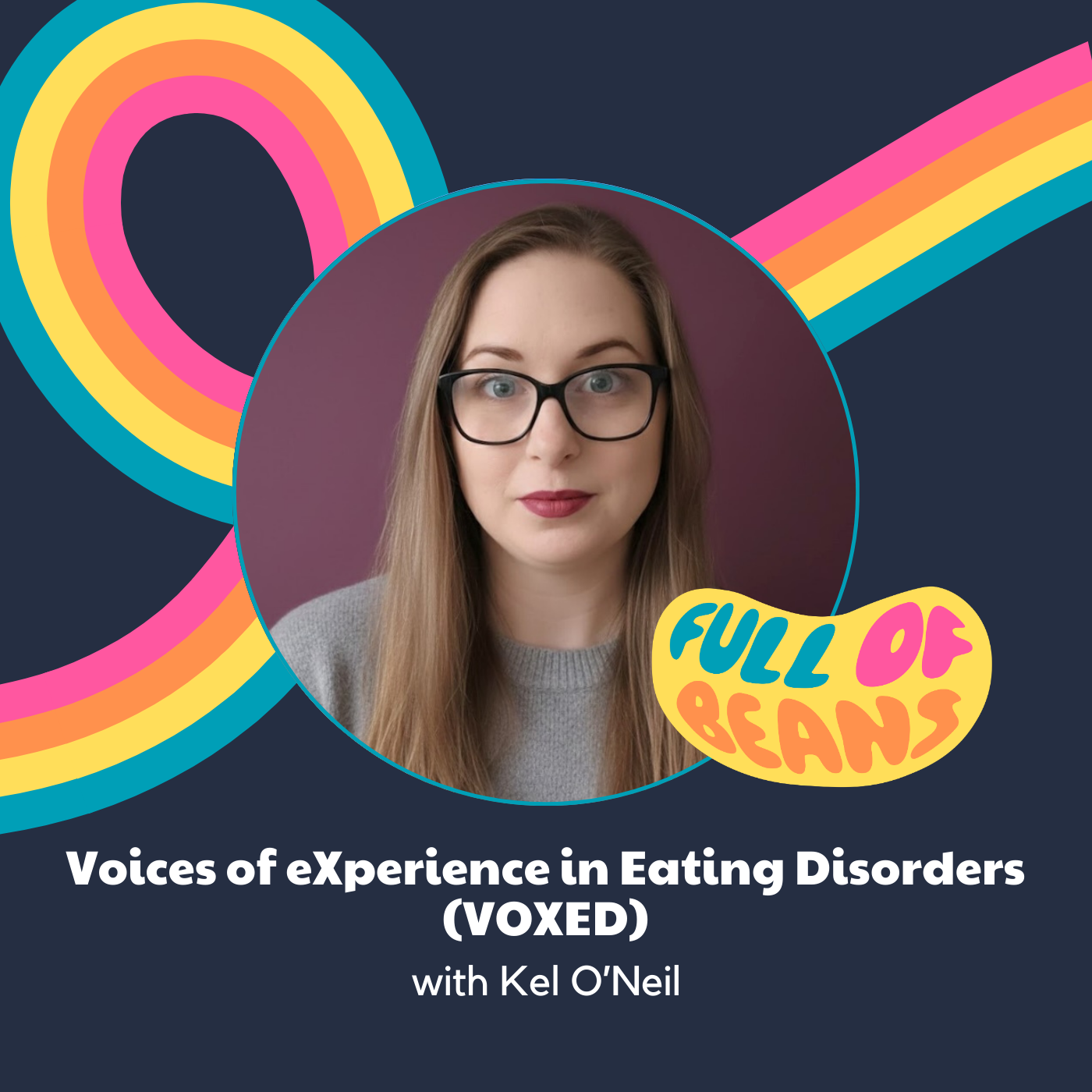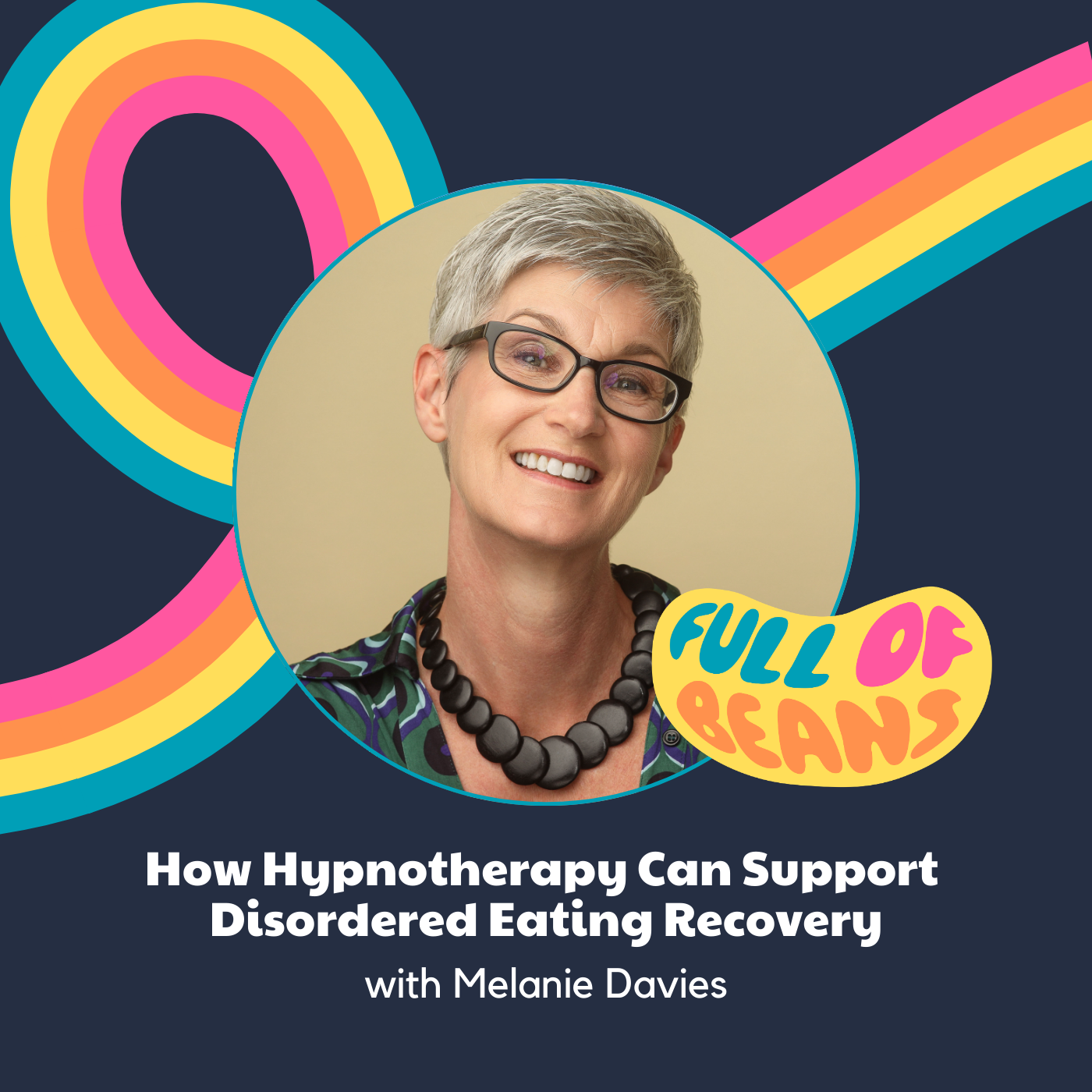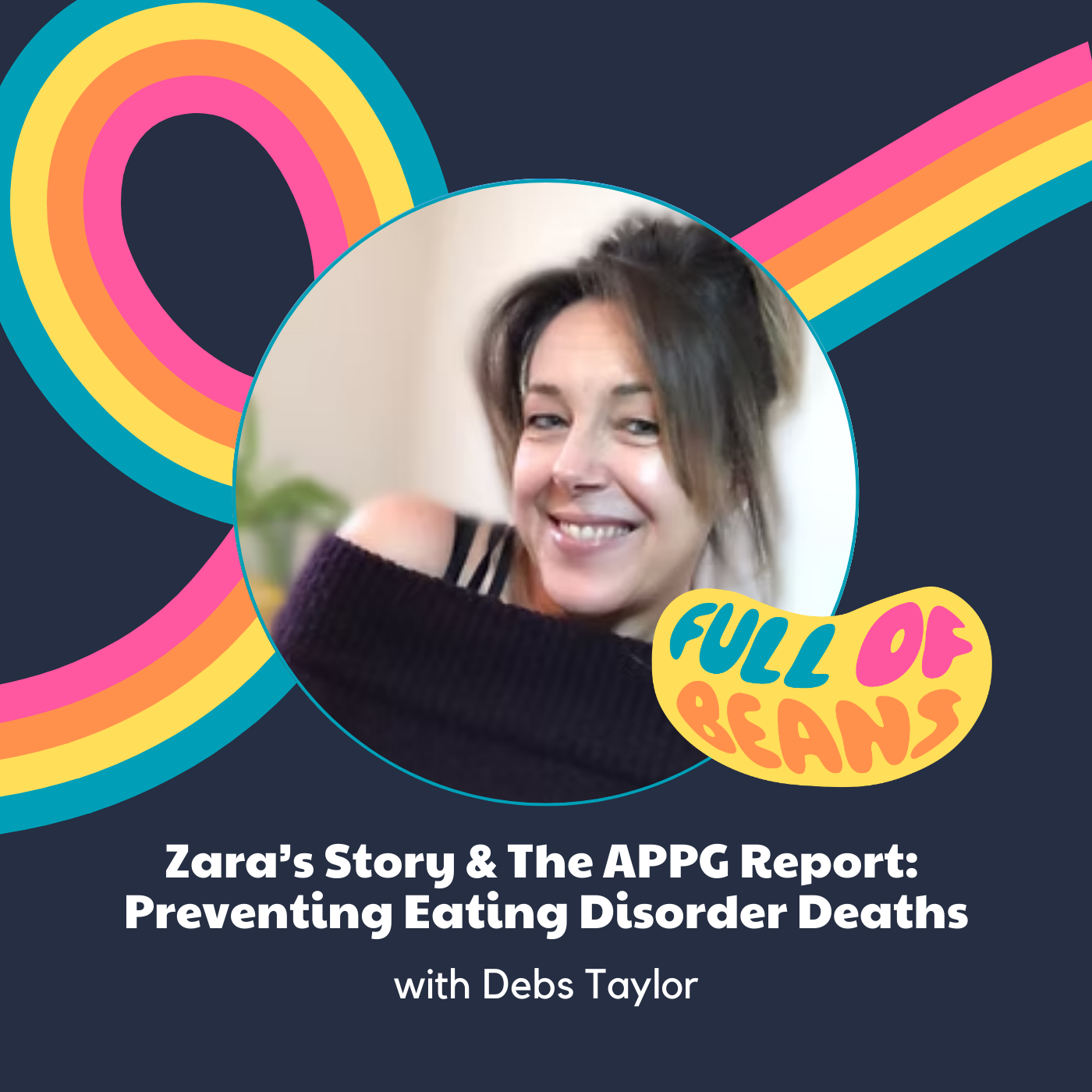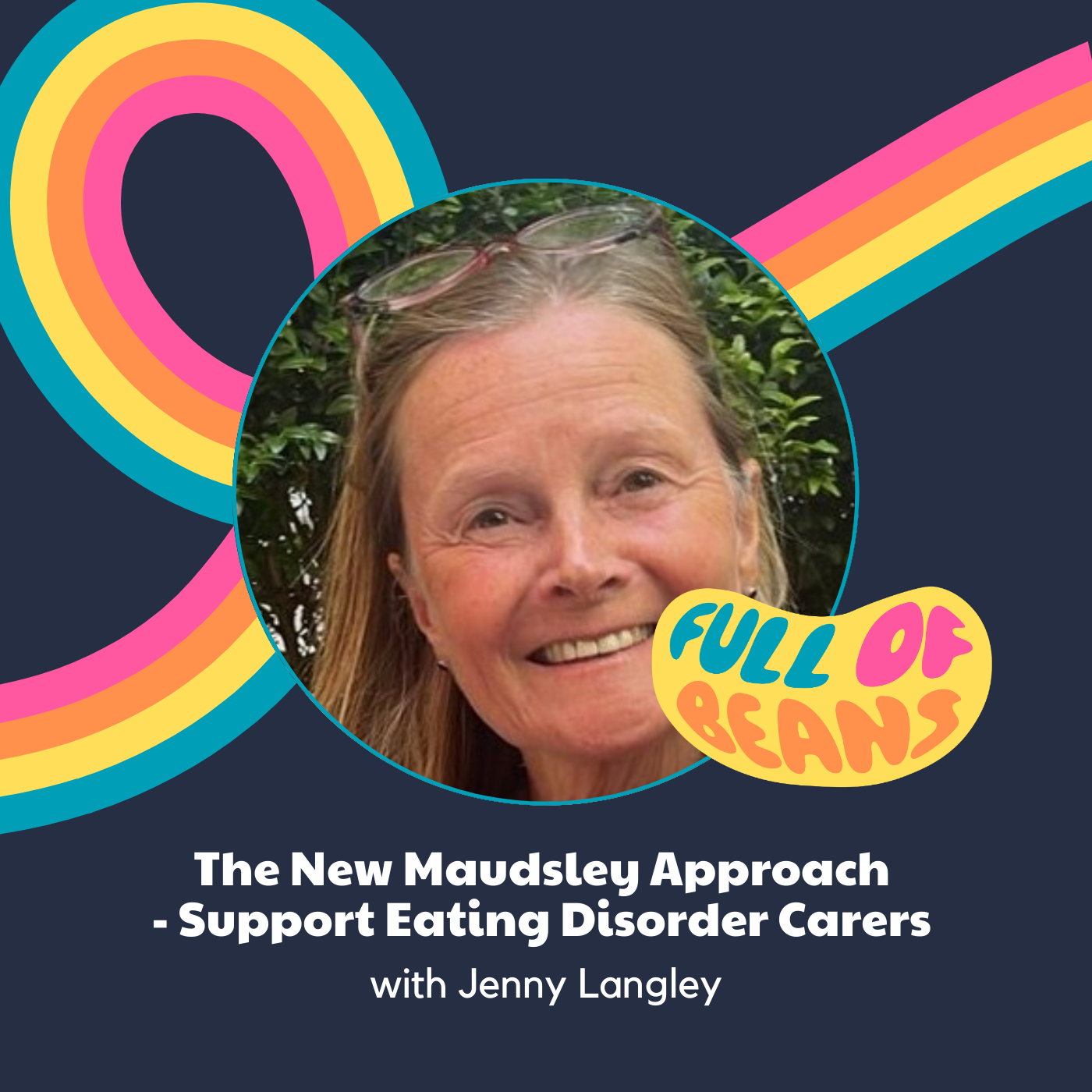Visible & Valid: Trans Experiences of Eating Disorders
Exploring Eating Disorders for Trans Day of Visibility
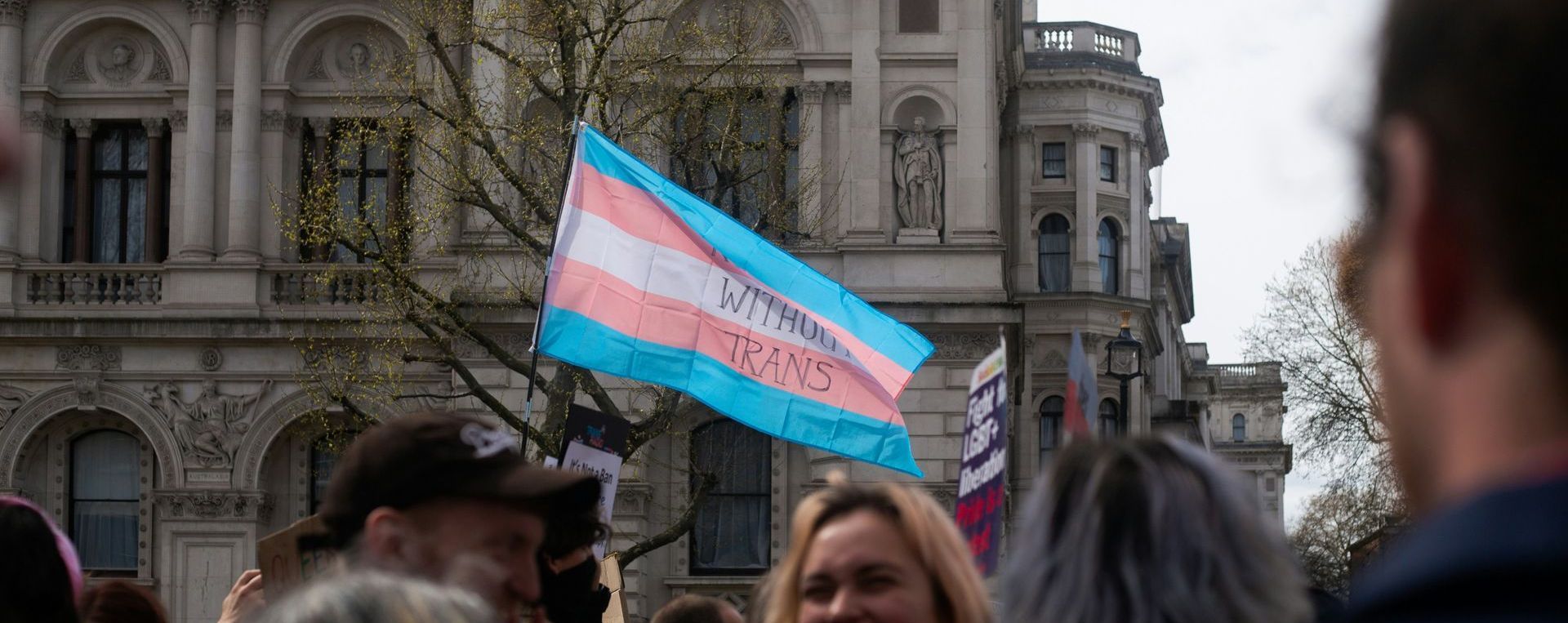
Eating disorders affect people of all genders, but trans individuals often face unique challenges that may contribute to disordered eating. It’s not being trans that causes an eating disorder. Rather, it’s the complex web of experiences tied to identity, stigma, and access to care that can create vulnerability.
In this week’s Full of Beans episode, Dr. Kai Thomas (they/them), a researcher at Cardiff University, shares their lived experience of being trans and recovering from anorexia, and how that journey led them to investigate eating disorders in gender-diverse communities through the LEADING Study.
Their reflections, echoed by growing research, shed light on why trans people are disproportionately affected by eating disorders, and what needs to change in how we support them.
What Might Contribute to Eating Disorders in Trans People?
Trans people experience eating disorders for many of the same reasons as anyone else such as trauma, emotional distress, perfectionism, low self-esteem, but these are often layered with additional pressures.
Here are some factors that may increase vulnerability:
1. Gender Dysphoria
Some trans individuals experience gender dysphoria — a distressing sense of mismatch between their body and gender identity. In some cases, disordered eating may be used as a way to alter or suppress physical features (e.g. curves, menstruation) that intensify this distress.
As Dr. Thomas shared, they didn’t initially connect their eating disorder to their gender identity, but looking back, they realised that discomfort in their body was present long before they had the language for it.
2. Minority Stress & Stigma
Trans people often face social rejection, discrimination, and marginalisation, which can create chronic stress and impact mental health. This “minority stress” has been shown to increase the risk of depression, anxiety, and eating disorders.
For some, food or body control becomes a coping mechanism, a way to manage emotional pain or regain agency in a world that doesn’t always affirm their identity.
3. Isolation & Lack of Representation
When you grow up never seeing yourself reflected, in healthcare, education, or media, it’s easy to internalise shame or confusion. Many trans people don’t begin exploring their identity until later in adolescence or adulthood, after years of feeling “different” but not knowing why.
Why Accessing Support Can Be Harder for Trans People
Unfortunately, the services that are meant to help don’t always feel safe or inclusive for trans people. Common barriers include:
1. Gatekeeping in Gender-Affirming Care
Some medical systems enforce BMI thresholds for gender-affirming surgeries or hormone access. This not only delays care, it can reinforce disordered eating as a means to "qualify" for treatment.
2. Limited Training Among Clinicians
Many health professionals aren’t trained to talk confidently about gender identity. As a result, gender is sometimes ignored in eating disorder treatment, or pathologised. Some trans people are even told they can’t start transitioning until they’ve fully recovered, creating a painful catch-22.
3. Fear of Misgendering or Invalidating Care
Whether it's intake forms that only list “male” or “female,” being misgendered in appointments, or feeling erased in group therapy spaces, these microaggressions build up — and make people less likely to seek or stay in treatment.
What Needs to Change
Dr. Thomas’ research, and the voices of trans people in recovery, make it clear that change is not just about inclusion; it’s about transformation.
Here’s what we need:
- Trans-affirming training for all eating disorder cliniciana
- Removal of BMI cut-offs as barriers to gender-affirming care
- Lived experience-informed treatment design
- Integration of gender identity into holistic care plans
- More research by and for trans communities
As Kai shared in this week's podcast episode, identity doesn't exist in a vacuum. When services treat eating disorders without understanding the role of gender, they miss part of the story.
“You just want to live your life — like everyone else.”
Whether someone’s eating disorder is related to their gender identity, trauma, or something else entirely, they deserve care that sees them. That respects their pronouns, listens to their story, and doesn’t force them to fit into a binary model of treatment.
Eating disorder care that includes trans people is not niche - it’s necessary.
Connect with Kai:
Email: LEADING_Study@cardiff.ac.uk | ThomasK30@cardiff.ac.uk
Socials: Linktree | Kai's LinkedIn | Kai's Research Profile
Connect with Us:
🎙️ Subscribe to the Full of Beans Podcast here
📲 Follow Full of Beans on Instagram here
🎧 Listen to the Full of Beans Podcast here

